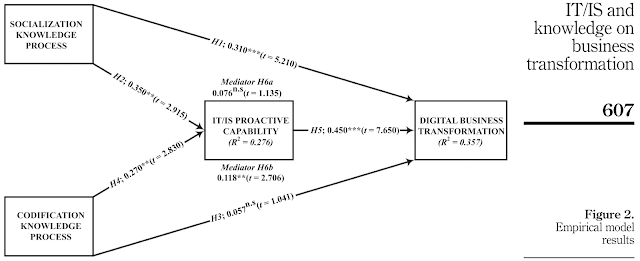PREMIER JOURNALS IN INFORMATION SYSTEMS RESEARCH

List of Premier Journals in Information Systems
The College of Senior Scholars encourages colleagues, as well as deans and department chairs, to treat a list of premier journals as the top journals in our field. Such a list is intended to provide more consistency and meaningfulness to tenure and promotion cases. This list was adopted from a formal statement by the "College of Senior Scholars" as of April 23, 2007, and revised on December 6, 2011 and February 17, 2023.
The College of Senior Scholars consists of senior information systems academics who have served as editors-in-chief of the journals listed in the College of Senior Scholars list of premier journals, current and former ICIS chairs and program chairs, current and former presidents of AIS, as well as all Leo Awards winners and AIS Fellows.
The journal list is limited to those in the "IS field," and omits both multidisciplinary outlets and specialty areas. Nevertheless, the list recognizes topical, methodological, and geographical diversity. In addition, the review processes are stringent, editorial board members are widely-respected and recognized, and there is international readership and contribution.
It is important to note that a journal list such as this is most appropriate for PhD-granting, research-oriented universities, and most likely not at all appropriate in cases where there are few research resources and high teaching loads. In those cases, this journal list should be augmented liberally by careful deliberation of departments and/or department chairs. For instance, at the teaching-intensive end of the spectrum, many schools (perhaps appropriately) count all refereed outlets. Publishing in this set of journals is exceedingly difficult already, and nearly impossible without abundant resources for careful research.
The College of Senior Scholars emphasizes that this list should not be construed as a replacement for assessments based on objective measures such as citation indices or author affiliation indices. It should also not be seen as a substitute for assessments based on large-sample opinion surveys currently summarized on AISWorld. It is meant to provide an alternative, based on the opinions of the members of the College of Senior Scholars. All departments and/or department chairs should consider those other resources before making their final decisions.
Augmenting the list can also be important in some research schools. For example, in schools with a highly technical focus, the adopted journal list should obviously include highly-rated and/or highly-cited technical journals. Other programs draw from and contribute to a multidisciplinary base, and should include journals from other fields such as computer science, economics, psychology, biometrics, and human-computer Interaction. The College of Senior Scholars focused on behavioral, business-oriented IS research, which might reflect a majority, but is not a universal model that fits (or even should fit) all schools. It strengthens our discipline to integrate our knowledge with other fields, and provides more choices for students, so interdisciplinary work should be encouraged.
The journals in the list are, in alphabetical order:
- MIS Quarterly
- Journal of MIS
- Journal of Strategic Information Systems
- European Journal of Information Systems
- Information & Management
- Information and Organization
- Information Systems Journal
- Information Systems Research
- Journal of the AIS
- Journal of Information Technology
- Decision Support Systems
The
quality and timeliness of reviews provided by each of the journals are
rated by AIS members to enable potential authors to better understand
the review process at each journal. Please let us know if this list
provides helpful guidance to you in tenure and promotion cases,
especially for those in schools currently with only two journals listed
in the "A" category. Given the stringent nature of reviews in many of
our journals, and infrequency of our publications, we believe that this
list of premier journals will take a step towards evening the score with
other business disciplines.
Rankings of universities and authors based on the Senior Scholars' Basket of Journals are available.
Members of the College of Senior Scholars, February 2023
SIG Recommended Journals
The College of Senior Scholars has also encouraged each of the
AIS Special Interest Group (SIGs) to recommend journals that they feel
are especially relevant to their constituency and worthy of broader AIS
recognition extending beyond the basket of 8. Additional detail can
generally be found on the specific SIG website.
List updated July 2025
source: https://aisnet.org/page/SeniorScholarListofPremierJournals





.png)












